Publications
Articles, publications, books, tools and multimedia features from the U.S. Institute of Peace provide the latest news, analysis, research findings, practitioner guides and reports, all related to the conflict zones and issues that are at the center of the Institute’s work to prevent and reduce violent conflict.
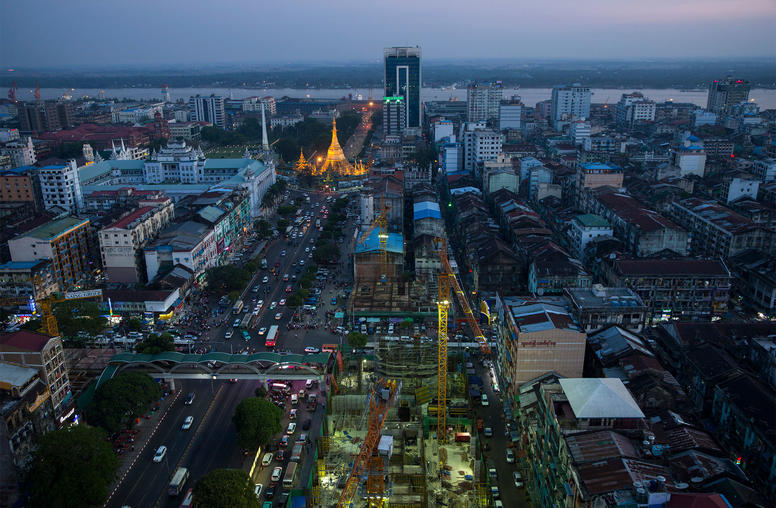
Myanmar: Casino Cities Run on Blockchain Threaten Nation’s Sovereignty
On January 20, a young venture capitalist named Douglas Gan sat down in a Philippine television studio to discuss, in part, an exciting new “Smart City” project his firm had become involved in. Sporting a black hoodie over a white tee-shirt, Gan described how one of his companies, Building Cities Beyond Blockchain, was already at work in Myanmar’s Yatai New City, recording instantaneous property transfers and showing the potential of blockchain technology. It’s a start, the anchor said. Gan agreed.
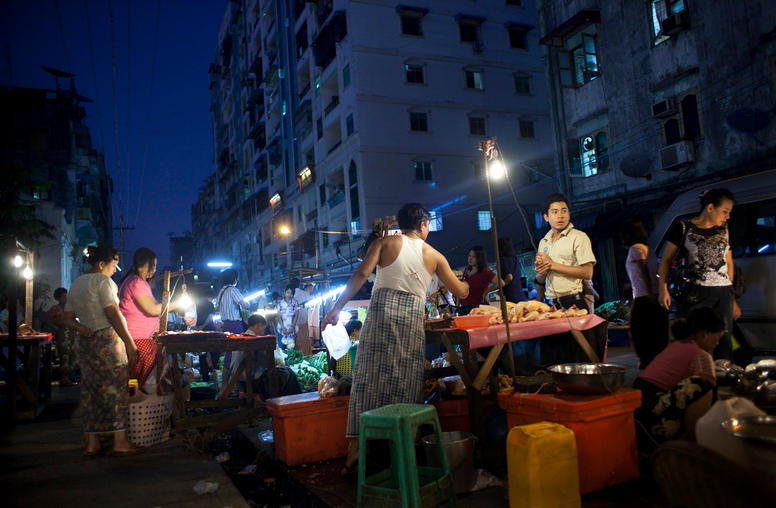
The Dangers of Myanmar’s Ungoverned Casino Cities
As a struggling, incomplete democracy, Myanmar and its elected leaders face challenges that would confound any country. The best-known involve the military’s uneven loosening of a 50-year dictatorship; ethnic tensions and armed conflicts; the lack of a common national identity; entrenched poverty; and the complications of borders with five nations, including China. Less well known is an emerging threat that touches each of these vital concerns. Over the past three years, transnational networks with links to organized crime have partnered with local armed groups, carving out autonomous enclaves and building so-called “smart cities” to tap into the huge, but illegal, Chinese online gambling market. Myanmar’s leaders at every level and in every sector should pay serious attention to the alarming national implications of these developments.
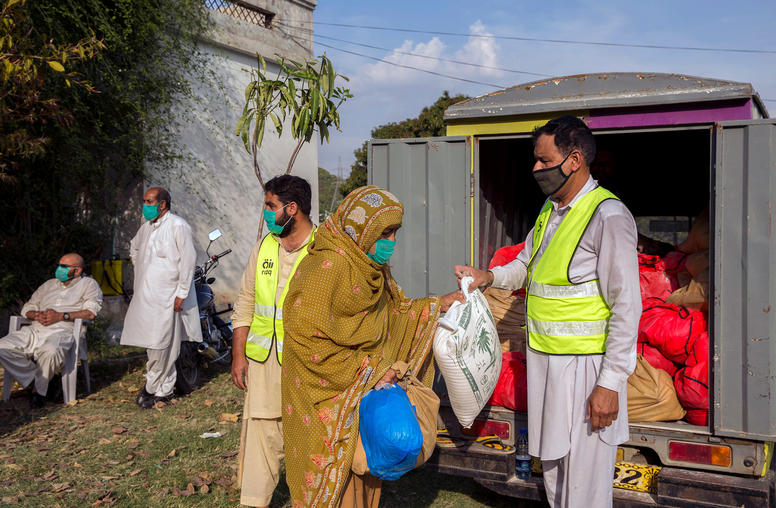
Pakistan Faces a Long Road to Sustainable Growth
At the turn of the century, Pakistan had the highest GDP per capita when compared with India, Bangladesh, and Vietnam. Twenty years later, it is at the bottom of the group. Political upheaval, a violent insurgency fed by the war in Afghanistan, and the inability of successive governments to carry out reforms are to blame for this decline. Today, a polarized political environment and elite intrigue among civilian, judicial, and military institutions has made sustainable economic growth and reforms that much more unlikely. The COVID-19 pandemic has further sharpened the challenge.
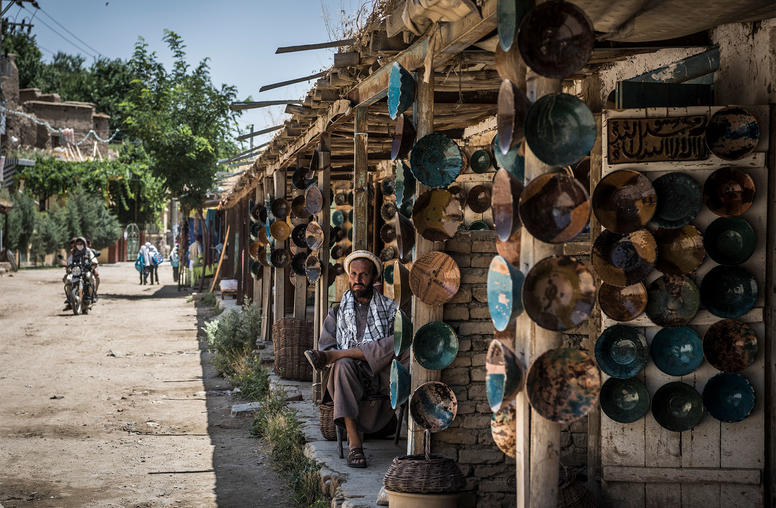
Afghanistan Donor Conference 2020: Pitfalls and Possibilities
When Afghan officials and international donors meet next month to consider future aid commitments to Afghanistan, they will face a changed situation from their last gathering four years ago. Then, the focus was on tying financial assistance to government reform in the midst of ongoing war with the Taliban; peace was barely on the agenda. Now, peace talks between the Taliban and the government have begun, and a new Afghan administration is still taking shape with an agreement that resolved the disputed 2019 presidential election. Meanwhile, fighting and casualties remain at unsustainable levels and the country is reckoning with the COVID-19 pandemic and its consequences.
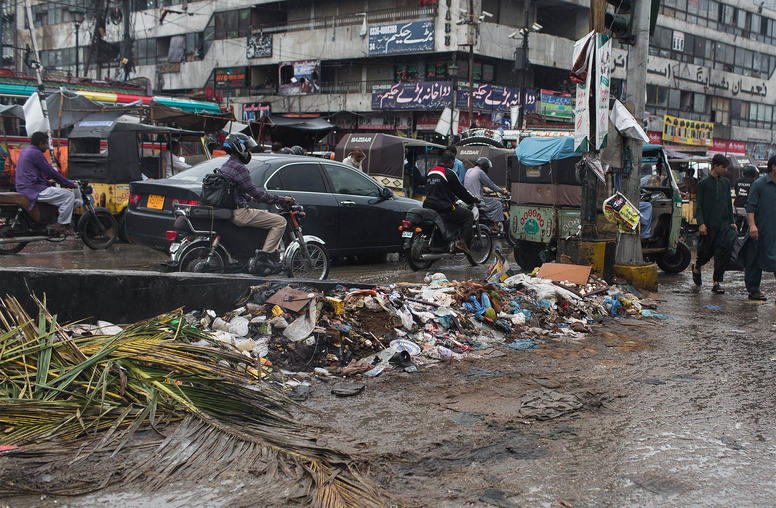
In Karachi, Flooding Lays Bare City’s Governance Issues
Many parts of Pakistan have always struggled with flooding, especially over the last decade, due in part to climate change as weather events have become more extreme. But for Pakistan’s largest city Karachi, August saw immense rainfall—breaking all previous records in the past century—and widespread flooding that brought the city to a standstill. USIP’s Jumaina Siddiqui and Cyril Almeida look at why Karachi’s flooding situation is so dire, how contentious political dynamics have impeded governance reforms in the city, and what can be done to prevent future humanitarian disasters.
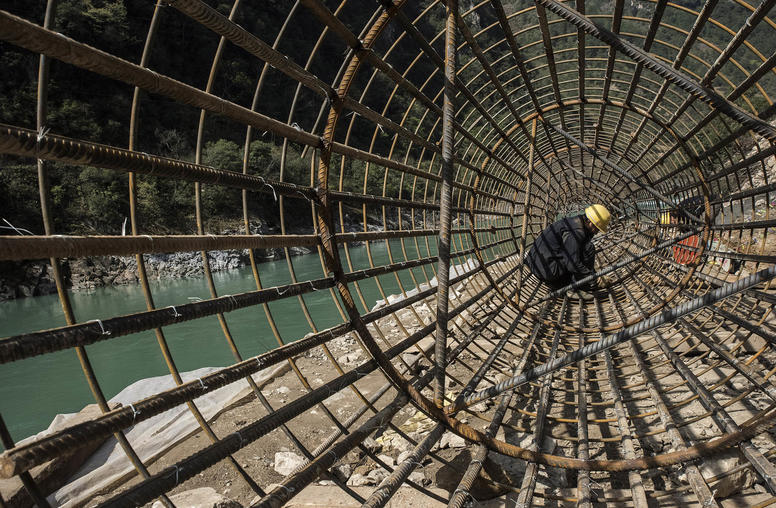
Is China Getting Serious About Crime on the ‘Belt and Road’?
As China’s leading foreign policy project, its Belt and Road Initiative (BRI) should be easy to understand. Yet since its inception in 2013, the BRI has remained remarkably opaque. The government publishes no criteria for approving BRI projects or comprehensive lists of authorized ones. Consequently, a range of Chinese investors—including some linked to organized crime—claim an association with the signature program of China’s leader, Xi Jinping. In host countries, this free-riding identification can threaten governance and stability, while further damaging the international community’s ability to check the spread of related criminal activity.
Navigating Tricky Transitions in Iraq, Afghanistan
The last American troops will leave Iraq this year, and the first troops will leave Afghanistan starting this summer. That means the civilian side of the U.S. government must step up to assume a greater responsibility in the void the military leaves behind. But is the U.S. government ready to take on this bigger role as the military exits? The answer is: it's far from clear.
Oil and Turmoil in Libya
As chaos worsens in Libya, USIP’s Raymond Gilpin assesses Libya’s management of its oil resources and the economic impact of the country’s instability.
Making Economics Work for Peace
Economists typically work in the realm of modeling rational economic behavior and drafting policies to foster growth, income and financial stability in that context. But when conflict strikes, the best designed models and the normal interplay of supply and demand can run head-on into some brutal realities. The disconnect between economic theory and real-world practice in societies torn by conflict is something that USIP’s Raymond Gilpin experienced firsthand early in his career as the res...
Egypt's Economic Future
USIP’s Raymond Gilpin, co-author of “Defusing Egypt’s Demographic Time Bomb,” discusses how proper management of Egypt’s economy can help ensure a stable future.